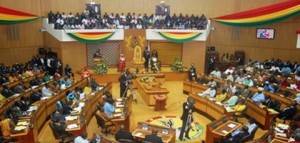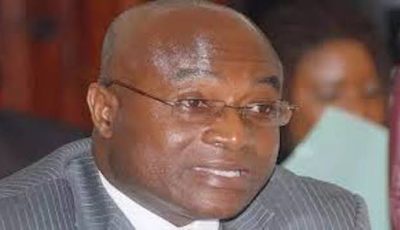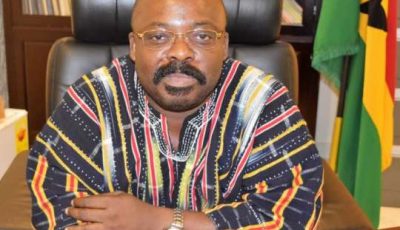Warning: Undefined array key "dirname" in /home/anapuafm/public_html/wp-content/themes/anapuafm/include/plugin/filosofo-image/filosofo-custom-image-sizes.php on line 133
Warning: Undefined array key "extension" in /home/anapuafm/public_html/wp-content/themes/anapuafm/include/plugin/filosofo-image/filosofo-custom-image-sizes.php on line 134
‘2014 Budget to transform economy’
 The 2014 Budget statement and Economic Policy of the governemnet set to be presented to Parliament today is expected to announce plans to transform Ghana into a fully-fledged middle income economy.
The 2014 Budget statement and Economic Policy of the governemnet set to be presented to Parliament today is expected to announce plans to transform Ghana into a fully-fledged middle income economy.
Among the measures would be actions to cut the fiscal deficit below nine per cent while embarking on massive infrastructural developments, sources close to Ministry of Finance have hinted the Daily Graphic.
The source said the budget would reflect the current lower middle income status of the economy, by making transformational changes in revenue mobilisation and expenditure.
Although the sources would not give specific initiatives, they hinted that revenues that would accrue from the additional increase in the Value Added Tax (VAT) threshold would be channeled into infrastructural development such as trunk roads, feeder roads that serve farming communities as well as funding irrigation projects to unlock the potential of agriculture.
Agriculture’s share of the national domestic productivity or gross domestic product (GDP) has been dwindlng over the medium term, with abysmal yearly performances.
Agriculture’s share of GDP declined from 25 per cent in 2011 to 23.1 per cent in 2012, with its performance standing at 2.6 per cent in 2012 as against a target of 4.8 per cent growth rate.
The budget, which sources say would be presented under the theme: “Realigning the Budget”‘ is also not likely to end previous tax initiatives with sunset clauses such as the National Stabilisation Levy, although it will introduce new levies and taxes besides enforcing previously announced ones.
For the first time, the budget and economic policy of the government would be programme-based as opposed to the activity-based budgeting, which encouraged several projects running at the same time.
This time ministries, departments and agencies would be given allocations for programmes only when they are able to justify the efficient use of previous budget allocations.
The ministry of finance sources said the budget would seek to control fiscal deficit, but would use internally generated funds, bonds and other “creative funding sources” to finance uncompleted infrastructural projects that represent locked up capital.
“You and I will agree that the ordinary Ghanaian can only realise the benefit of projects when they are completed. This is exactly what we want to use government resources for; as counterpart funding to release ongoing projects,” the source explained.
It said that would mark a major transformation and creativity to complete pipeline projects, while using new funds to start newer projects in subsequent years.
The budget would also announce social safety nets by increasing allocations to some of the existing social interventions such as the livelihood empowerment against poverty (LEAP), NHIS and those in education and transportation.
Source: Daily Graphic




